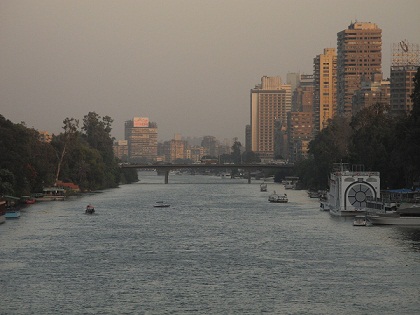
(DNE Photo)
The value of the Egyptian pound has continued to depreciate against the US dollar, registering EGP 7.16 on 22 May, up from EGP 7.083 on 14 May.
The Egyptian pound unexpectedly fell to record EGP 7.14 against the dollar after the Central Bank of Egypt (CBE) held an “exceptional foreign exchange auction” on 14 May. The banks were permitted to purchase $1bn from the country’s foreign reserves in an attempt to meet clients’ import needs of food commodities.
According to the head of technical analysis at Pioneers Holding Mohamed Younes, CBE’s control of foreign currency harm’s Egypt’s foreign reserves and hence, the economy. Since December 2012, the Central Bank has been restricting access to US dollars by hosting dollar auctions up to three times a week in an attempt to ration the supply of dollars and give priority to staple food imports.
Doha Abdel Hamid, an economic expert at the United Nations, stated that this move indicates the presence of an economic crunch. “It seems that the CBE is providing the banks with dollars with a cap ceiling to allow for the importation of necessary goods only,” she added.
CBE has held four other exceptional auctions. In January, the bank sold $1.5bn in a similar exceptional auction, $600m in April, $1.3bn in September 2013 and $800m in May 2013.
The bank should leave the currency floating and expose it to the market’s supply and demand, Younes said, adding: “Of course, this may lead to an increase in the value of US dollar against the EGP… it may reach EGP 10, but after that, the EGP will gradually rise against dollar”.
International foreign reserves have surged in April to register $17.48bn after recording $17.41bn in March and $17.3bn in February. Foreign reserves have been falling since September 2013, registering $18.7bn, a $0.2bn drop from August numbers, and reaching $17.05bn in December. However, they rebounded again in January, recording $17.105bn.
Loans and grants from Gulf countries will help secure foreign reserves in the short term because Egypt has to pay them back eventually, Younes said.
In order to stabilise the value of the Egyptian pound against the dollar, there should be political stability, which would help pump foreign direct investments (FDI), high tourism revenues and cash transfer from Egyptian expats, Younes stated.



